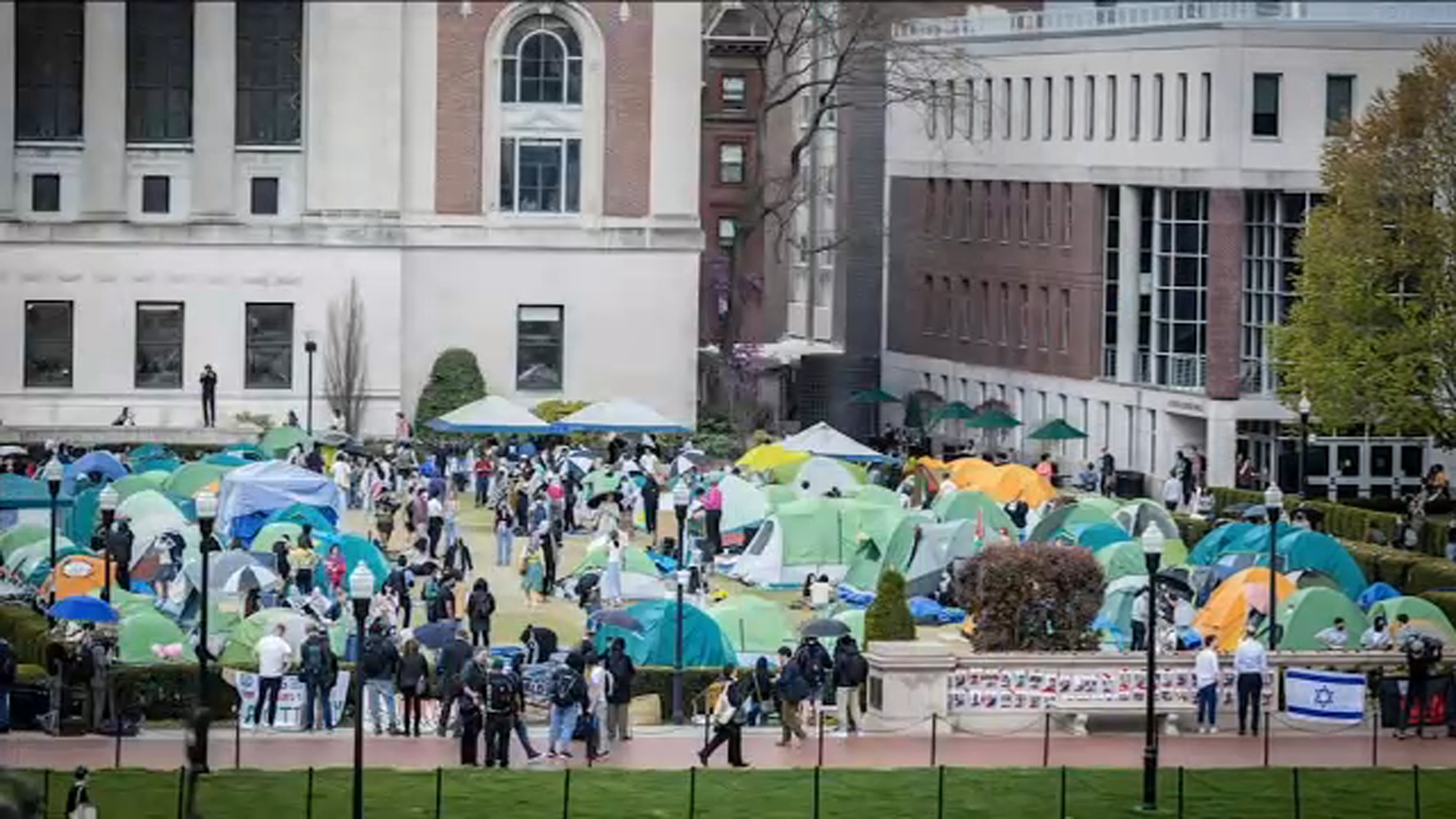New York City plastic foam ban takes effect

NEW YORK (WABC) -- Say goodbye to Styrofoam cups, plates and even those packing peanuts. Starting Wednesday, they are all now banned in the New York City.
The law affects any institution, restaurant, food cart or company that uses, sells or produces plastic foam products, but no fines will be handed out until January thanks to a six-month grace period.
Food service establishments, stores and manufacturers may not possess, sell or offer for use single service Expanded Polystyrene (EPS) foam articles, such as cups, plates, trays or clamshell containers, or polystyrene loose fill packaging.
Nonprofits and businesses with less than $500,000 in annual revenue could qualify for an exemption from the plastic foam ban, but they'd have to prove that using non-foam materials would create financial hardship.
City officials say that after consultation with corporations, including Dart Container Corporation, non-profits, vendors and other stakeholders, the Department of Sanitation determined that EPS Foam cannot be recycled, which led to the ban. DSNY also determined that there currently is no market for post-consumer EPS collected in a curbside metal, glass and plastic recycling program.
"These products cause real environmental harm and have no place in New York City," de Blasio said. "We have better options, better alternatives, and if more cities across the country follow our lead and institute similar bans, those alternatives will soon become more plentiful and will cost less. By removing nearly 30,000 tons of expanded polystyrene waste from our landfills, streets and waterways, today's announcement is a major step towards our goal of a greener, greater New York City."
The determination was made after considering environmental effectiveness, economic feasibility and safety for employees of DSNY and Sims Municipal Recycling, the city's recycling processor. The analysis was based on a recycling strategy that would have incorporated EPS into the current metal, glass, plastic and carton commingled collection program and that would not create a separate collection or sorting program.
"While much of the waste we produce can be recycled or reused, polystyrene foam is not one of those materials," Sanitation Commissioner Kathryn Garcia said. "Removing polystyrene from our waste stream is not only good for a greener, more sustainable New York, but also for the communities who are home to landfills receiving the city's trash."
Local Law 142, passed by the City Council in December 2013, required the sanitation commissioner to determine "whether EPS single service articles can be recycled at the designated recycling processing facility at the South Brooklyn Marine Terminal in a manner that is environmentally effective, economically feasible, and safe for employees." Under the law, if EPS was not found to be recyclable, it had to be banned.
The law allows businesses a six month grace period from when the law goes into effect - January 1, 2016 - before fines can be imposed. DSNY, the Department of Health and Mental Hygiene and the Department of Consumer Affairs will conduct outreach and education in multiple languages to businesses throughout all five boroughs during this period. For the first year of the ban, businesses will be given a warning in lieu of a fine.
The Department of Education will begin replacing foam trays with compostable plates on May 1. All school meals will be served on these compostable plates starting in September. All summer meals will also be served on compostable plates.
EPS is already banned in cities across the country, including Minneapolis, San Francisco, Oakland, Portland, Albany, Seattle and Washington, DC. In total, more than 70 cities have banned foam and businesses large and small have shifted to alternative products that are biodegradable or otherwise recyclable.




